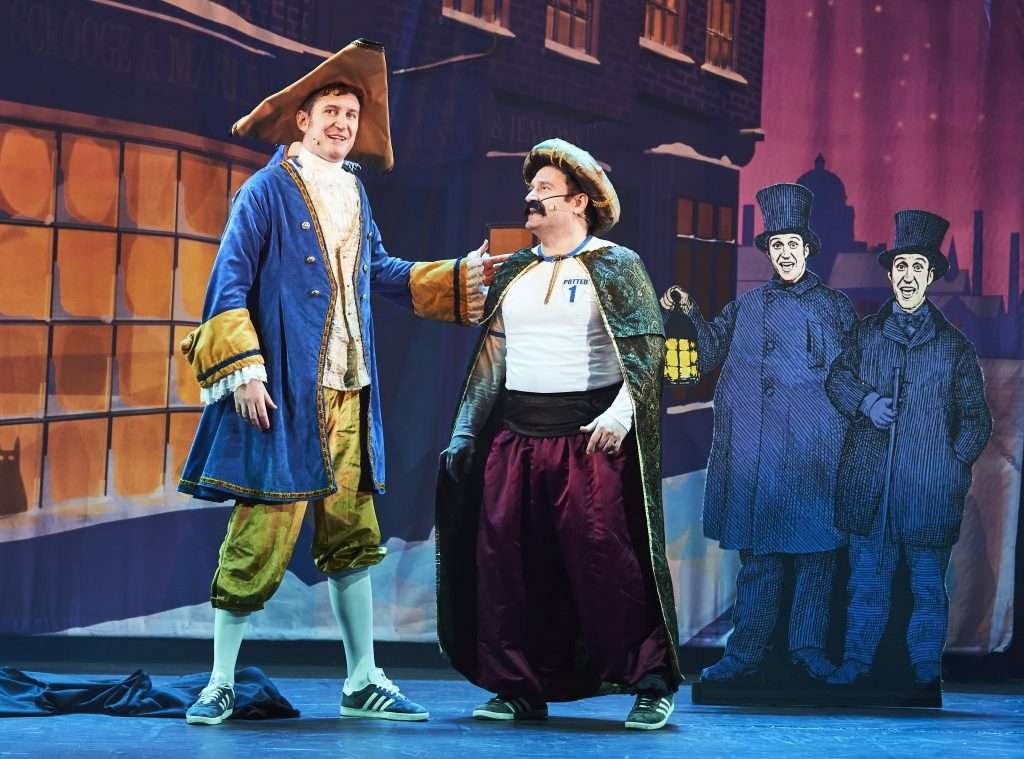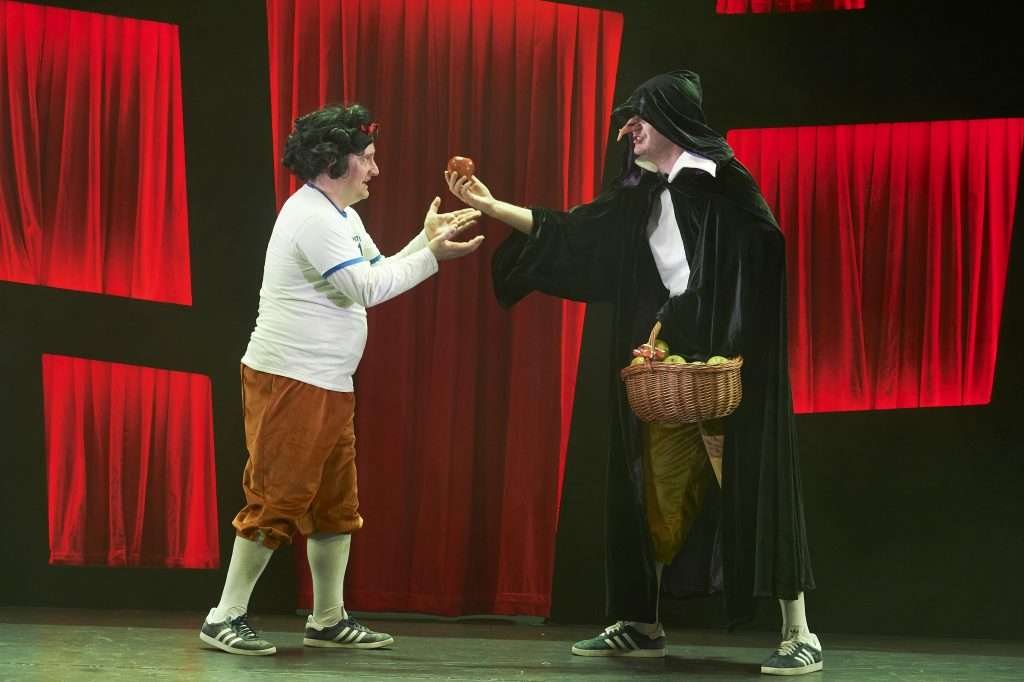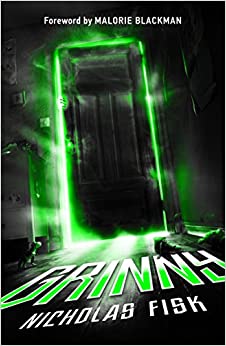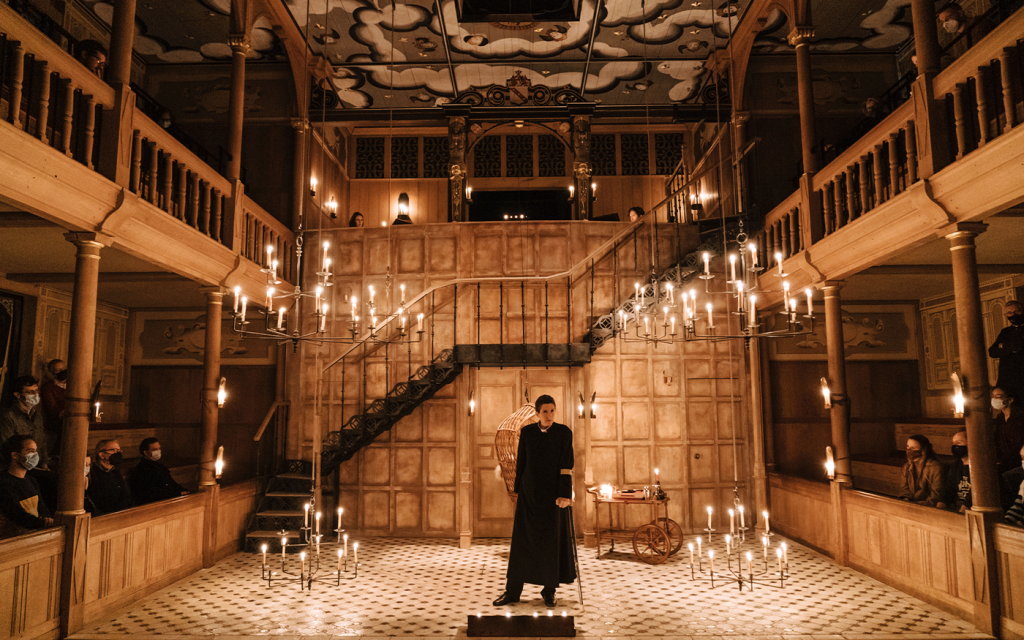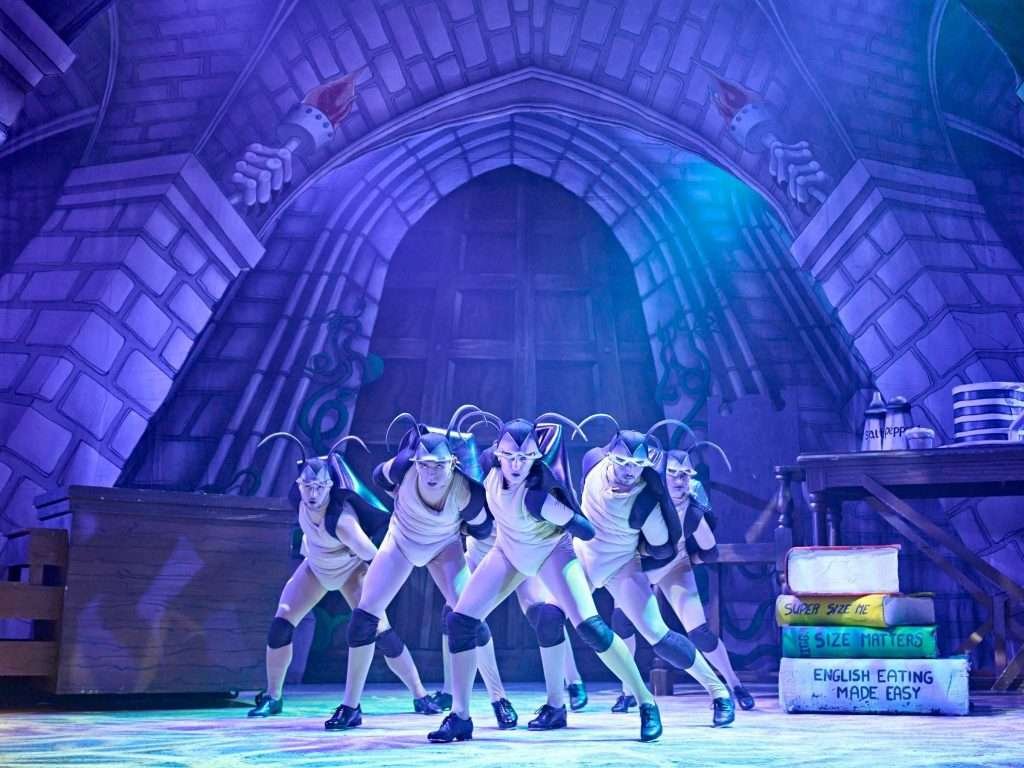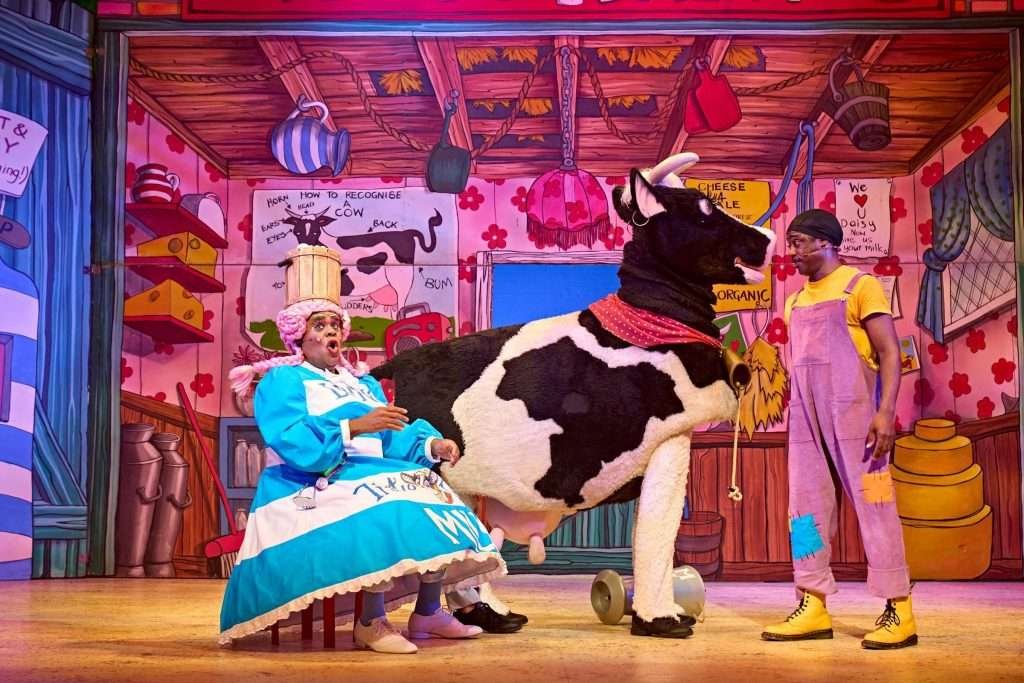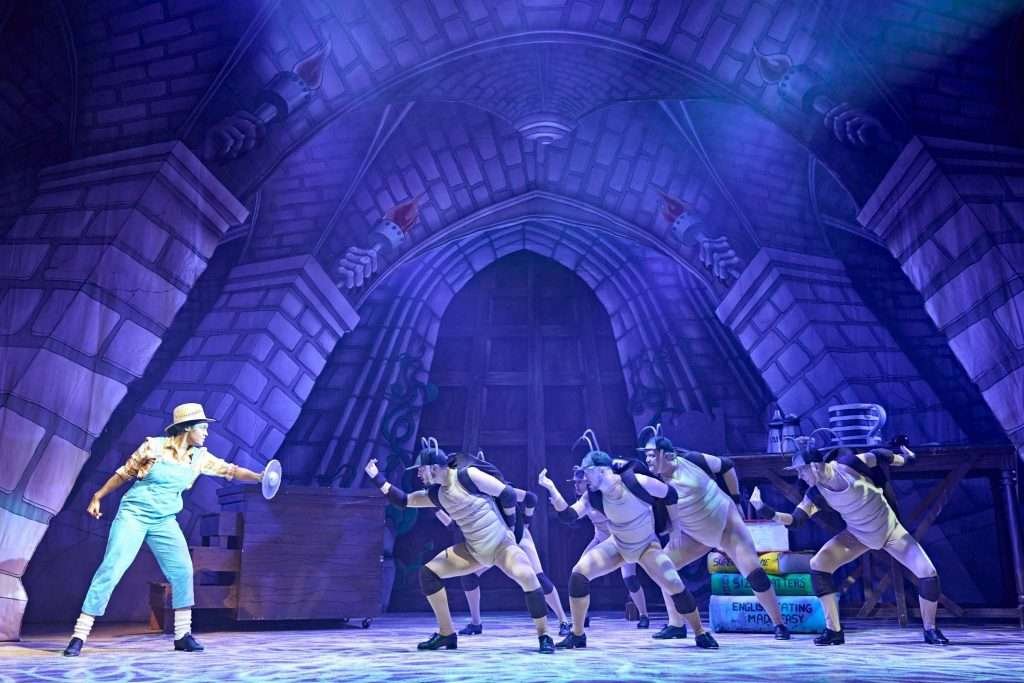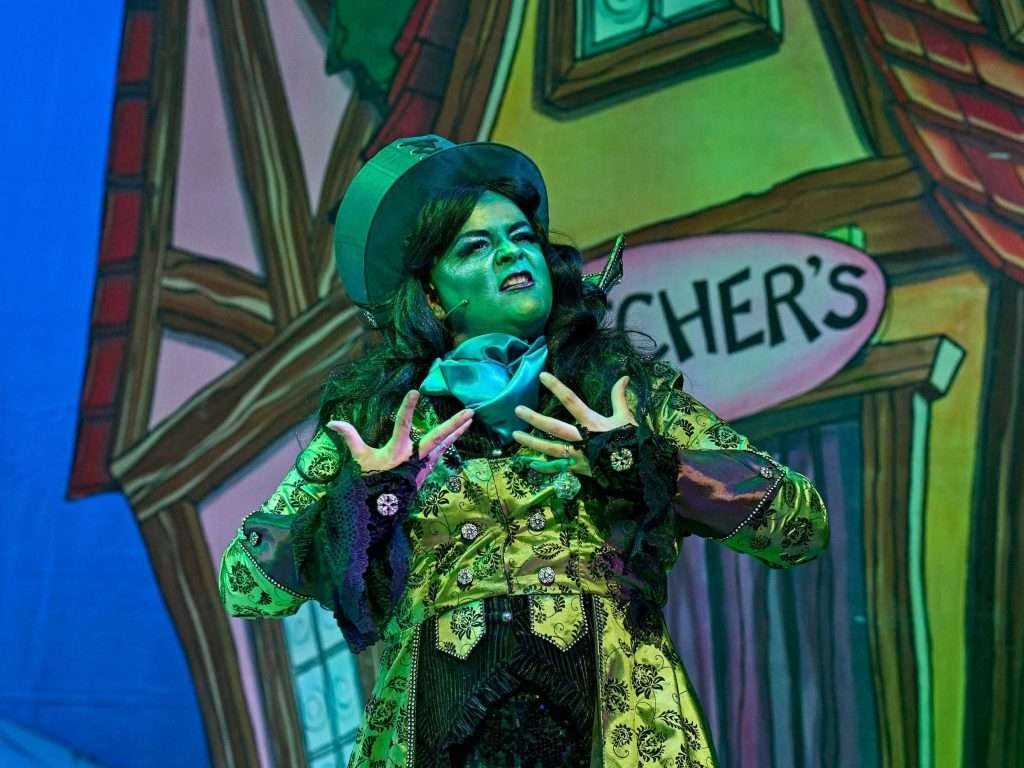Show: Potted Panto
Society: West End & Fringe
Venue: Garrick Theatre. 2 Charing Cross Road, London WC2H 0HH
Credits: Produced by James Seabright
Potted Panto
An affectionate two-hander send up of the genre, this show works on the expectations of a pantomimically experienced audience – teasing them about already knowing when to shout and boo, for instance. And that includes some pretty knowing children one of whom almost stole the show at the performance I saw, politely but loudly demanding that baddie Abanazer be “impaled on a knife in the digestive system”. Cue for an ad lib quip about the lad’s Arsenal teeshirt.
Potted Panto is part of the “potted” series and has been around for eleven years although I was new to it. The concept is that two actors – Daniel Clarkson (who also co-writes with Jefferson Turner and director Richard Hurst) and Gary Trainor – decide, amidst much argument and banter, to stage an abbreviated version of the world’s six best pantos. There’s a running gag about the inappropriate inclusion of A Christmas Carol which, in the end, merges with Aladdin (Abanazer/Ebenezer – geddit?)
It’s slick in a hats/masks/ frocks Horrible Histories kind of way with a lot of the usual “out of role” asides such as Clarkson to Trainor when the latter is being both ugly sisters with a puppet; “Well that ventriloquism course didn’t do you much good”. And there are lots of jokes about having to play all the baddies and Trainor turning up in a magnificent feather hat as Prince Charming several times. I liked the comment in Sleeping Beauty about its being totally unacceptable to break into a sleeping girl’s bedroom and kiss her without consent – a quite witty comment on the vast gulf between pantomime life and real life.
Having said that, though, a lot of the humour is pretty laboured. Clarkson and Trainor are working hard with a lot of energy, beaming smiles and grimaces. Moreover they know exactly how to let a line settle for maximum effect but a lot of it isn’t particularly funny.
The best five minutes is Clarkson donning a Boris Johnson wig as Dick (“Mayor of London”) Whittington and doing a hilarious satirical spot with Trainor about clearing the kingdom of plague, office parties, Barnard Castle and a lot more. It is both edgy and up to date. Clarkson and co must adapt the script on an almost daily basis.
There is almost no music in this show until we get to the traditional, wearisome singalong at the end. Instead, the focus is on plot(s) – seven of them in seventy minutes. It’s decent-ish entertainment if you want a succinct Christmas show and your kids have seen a lot of pantos in the past although it really isn’t anything special.
First published by Sardines: https://www.sardinesmagazine.co.uk/review/potted-panto/
- Photoa: Geraint Lewis
